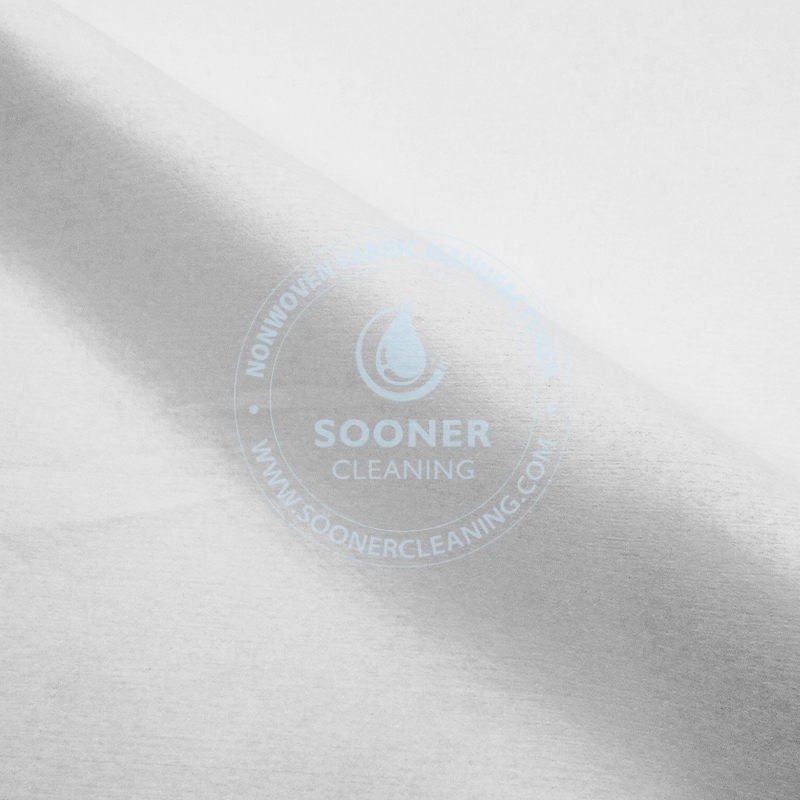In the face of increasingly severe environmental challenges and consumers' growing demand for comfort and health, the textile industry is undergoing a silent revolution.
Wood pulp polyester, a new fabric that combines natural materials with technology, is rising at an unprecedented pace, emerging as the future star of skin-friendly and eco-friendly fabrics. If you seek a truly sustainable and exceptionally comfortable wearing experience, this article will reveal why wood pulp polyester is the inevitable choice for the future wardrobe.
Traditional polyester relies on non-renewable petroleum resources, resulting in high pollution during production and poor biodegradability; while cotton is natural, it consumes an astonishing amount of water and lacks durability. Wood pulp polyester innovatively extracts cellulose from renewable wood pulp (such as eucalyptus and bamboo) and uses environmentally friendly closed-loop processes (such as the Lyocell process) to produce fibres, perfectly balancing environmental friendliness, skin-friendly properties, and durability, making it the key solution to industry pain points.
1. Environmental Pioneer: The Core Driving Force of a Sustainable Future
Renewable Source: Raw materials are sourced from well-managed fast-growing forests, with sustainable forestry certification ensuring ecological balance and unlimited resource availability.
Green Production Model: Leading closed-loop production processes achieve over 99% recycling rates, significantly reducing chemical consumption and pollution emissions.
Ending Microplastic Pollution: Derived from natural wood fibres, it is biodegradable, effectively alleviating the persistent microplastic pollution issues caused by traditional synthetic fibres.
Low Carbon Footprint: From raw material sourcing to production, the entire process has a significantly lower carbon footprint than traditional polyester and cotton.
II. Skin-Friendly Experience: A Comfortable and Healthy Companion
Ultra-Soft Touch: The smooth fibre surface provides a silk-like soft and skin-friendly experience, particularly suitable for sensitive skin and infant clothing.
Excellent moisture absorption and breathability: The natural cellulose structure provides superior moisture absorption (moisture absorption rate close to cotton), quickly wicking away moisture to keep the skin dry and comfortable, eliminating stuffiness.
Temperature-regulating comfort: Excellent breathability and humidity management capabilities make it warm in winter and cool in summer, providing all-day comfort.
Low-allergenic, safe choice: The production process is clean, with minimal residual chemicals, making it an ideal low-allergenic fabric.
III. Performance Champion: The Perfect Combination of Durability and Aesthetics
Strength and Durability: Inheriting the high strength and abrasion resistance of polyester, it far exceeds natural fibres, making garments more durable and washable.
Wrinkle-Resistant and Shape-Retaining: Naturally wrinkle-resistant, it does not pill easily, is easy to maintain, and keeps garments looking crisp and well-shaped for a long time.
Exceptional drape: The fabric has a natural, flowing drape, enhancing the quality and wearing experience of the finished garment.
Vibrant and durable colour: The fibre's properties make it easy to dye and highly colourfast, ensuring vibrant and long-lasting colours.
IV.Wide Applications: Defining the Future Lifestyle
Fashion Apparel: Pursuing comfort, drape, and environmental friendliness.
Intimate Apparel: Requiring skin-friendly, breathable, and safe materials.
Sports and leisure: Requires moisture-wicking, comfort, and elasticity.
High-end home textiles: Pursues soft touch, durability, and health/environmental friendliness.
Take action now and embrace the future: Follow brands using wood pulp polyester to experience firsthand how this skin-friendly, breathable, and biodegradable future fabric enhances your wearing quality while reducing the burden on the Earth.
Click to request a free sample.


